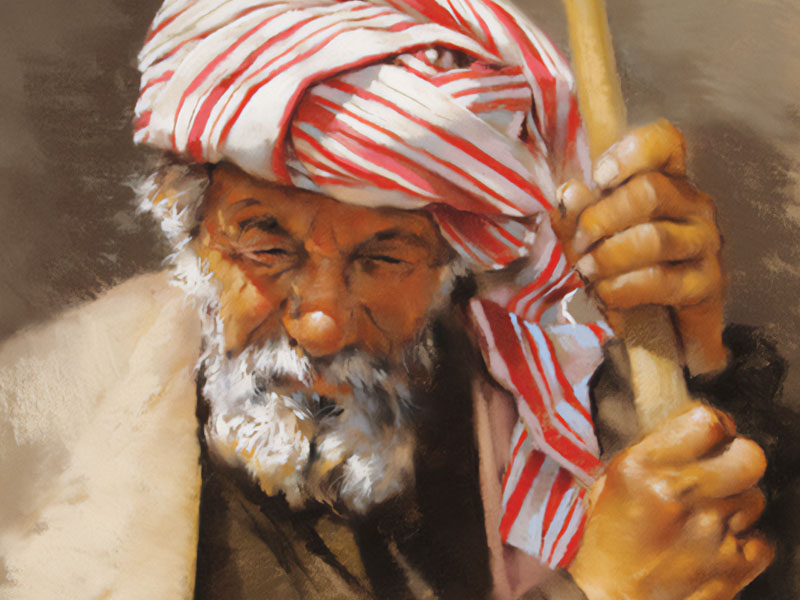Heritage Culture in the Arabian Gulf States
Issue 52

By Dr Rashid Najm
Heritage and its cultural contents were formed over the ages by civilisations that passed through the Arabian Gulf region; they represent an important pillar of the Gulf’s character and identity, reflecting people's lives, ideas, feelings, beliefs, professions, industries, and other features.
The discovery of oil in the region led to many changes in people’s lives on all levels. Along with economic, social and political development, it was imperative to open up to the world. The region has to cope with modern technology, which means that heritage, material culture and some non-material culture have faded away. We notice the decline of heritage’s role among the new generations who are almost disconnected from the beautiful time period they did not experience. They only know of its material impact, some heritage sites, that which their parents relate orally in stories, or that which they see on television.
This is an attempt to explore the features of folk culture in the Arabian Gulf region. This study, which is based on several phenomena and some material evidence, focuses on the era of oil and its social, economic and political changes.
Folk culture changed due to the influx of new cultures in the Arabian Gulf nations and the necessity of development on multiple levels.
Globalisation comes at a cost, and the price must be paid! The globalised community of today faces a real danger, and we notice that all members of society are attempting to recall and revive folk culture or some aspects of it, and to adapt it to the present day and modern technology.
We find evidence of these attempts at tourist sites and on web forums, in curricula, vocabulary, phrases and proverbs in an effort to bring the new generation closer to folk culture and to familiarise people with it.


































































